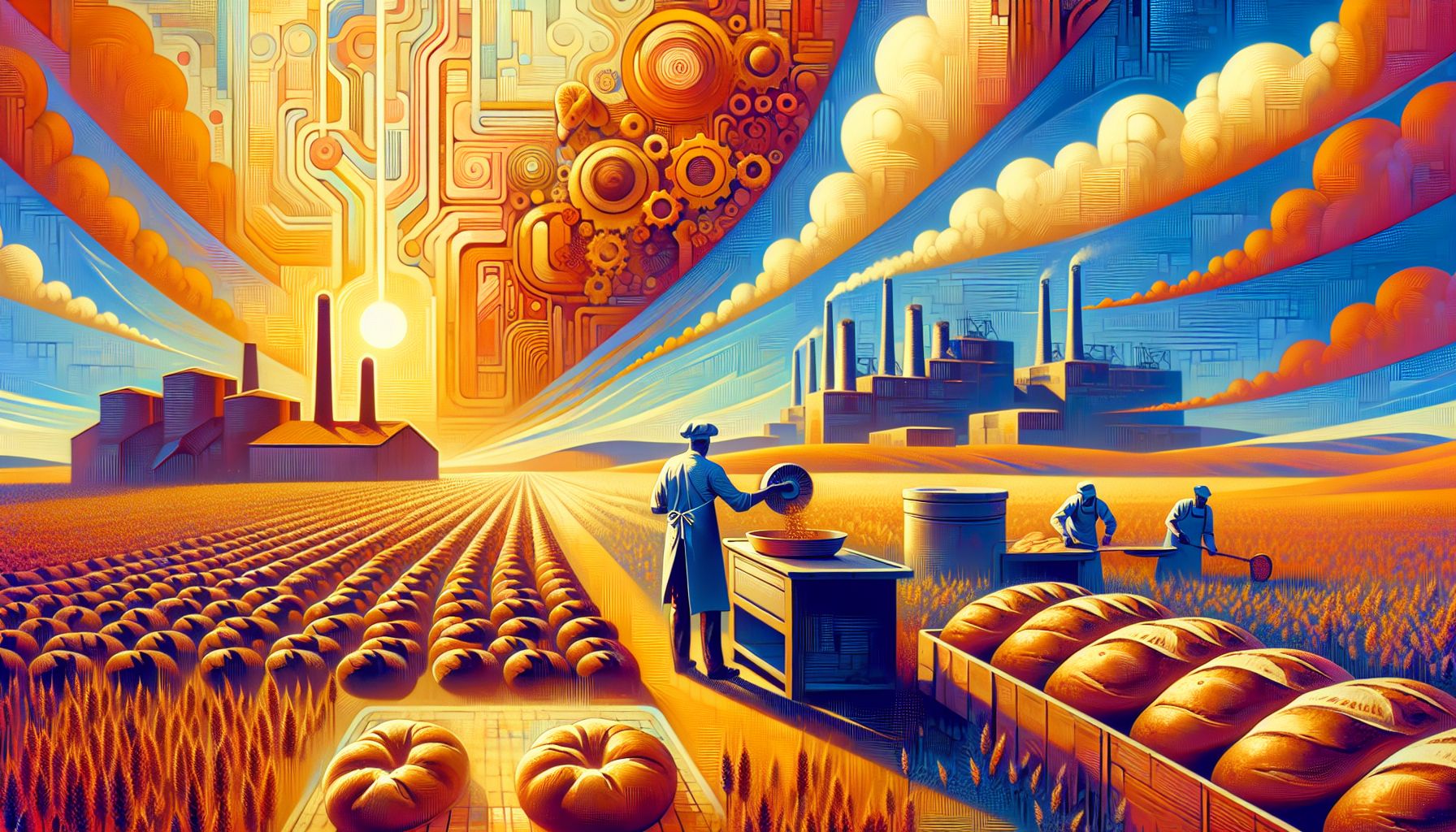AI Breakthrough: Dutch Bakeries Combat Food Waste with Smart Predictions

Limburg, Saturday, 23 November 2024.
In a groundbreaking development, COMPUTD partners with LIOF to tackle the staggering waste of 700,000 bread loaves daily in the Netherlands. Their innovative AI solution analyzes historical sales data to provide accurate production forecasts for bakeries, marking a significant step toward sustainable food practices. This technology represents a crucial advancement in combining artificial intelligence with practical sustainability solutions in the food sector.
Harnessing AI for Sustainability
The partnership between COMPUTD, an AI consultancy firm founded in 2019 in the Netherlands, and LIOF, the regional development company for Limburg, is poised to revolutionize the bakery sector. By leveraging advanced AI algorithms, COMPUTD’s technology enables bakeries to optimize their production planning, thereby minimizing surplus and significantly reducing food waste[1]. Such innovations align with global sustainability goals and demonstrate AI’s potential in solving environmental challenges. This collaboration is not only a business venture but a move towards a sustainable future, as emphasized by Lenn Houbiers, LIOF’s investment manager[1].
How the AI System Works
The AI system developed by COMPUTD uses machine learning to analyze vast amounts of historical sales data from bakeries. This analysis allows the system to predict future sales with greater accuracy, thus helping bakeries adjust their production schedules to meet actual demand. The technology’s ability to process and learn from data continuously ensures that predictions improve over time, further enhancing efficiency and reducing waste[1]. By limiting overproduction, bakeries can cut down on the 700,000 bread loaves wasted daily in the Netherlands, as reported by Samen Tegen Voedselverspilling[1].
Implications for the Food and Beverage Industry
The integration of AI in the food and beverage industry is transformative, as evidenced by COMPUTD’s initiative. AI-driven systems optimize supply chain management by forecasting demand and managing inventory in real-time, which helps reduce operational costs and ensures fresh products reach consumers more efficiently[2]. This technology also plays a crucial role in enhancing food safety and quality compliance by detecting potential contaminants and monitoring production conditions[3]. As AI applications in the food sector continue to evolve, the potential for innovations like those from COMPUTD to drive sustainability and efficiency becomes increasingly significant[3].
The Road Ahead
COMPUTD’s collaboration with LIOF highlights the growing importance of AI in addressing food waste and enhancing sustainability within the food sector. The project not only establishes COMPUTD as a leader in AI solutions but also sets a precedent for future innovations aimed at creating more sustainable food systems. As this technology gains traction, it is likely to inspire similar initiatives across various industries, further demonstrating AI’s vital role in driving environmental and operational improvements[2][3].

